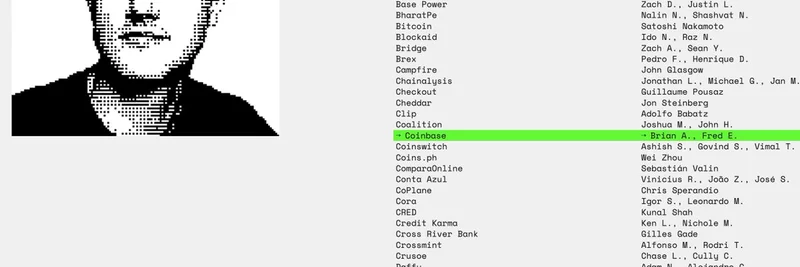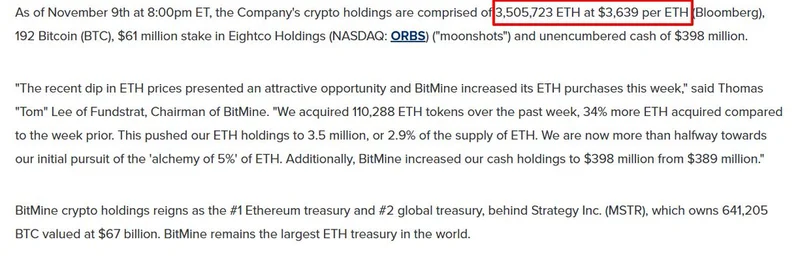In a recent episode of The Rollup, a platform dedicated to blockchain and cryptocurrency discussions, Diego Gutierrez of Rootstock shared his perspective on the impact of Argentine President Javier Milei on the crypto landscape in Argentina. This conversation, captured in a tweet by The Rollup, provides a nuanced understanding of Milei's stance on cryptocurrencies and its implications.
Milei's Anarcho-Capitalist Philosophy
Diego Gutierrez begins by clarifying Milei's political ideology, describing him as an "anarcho-capitalist." This term, often misunderstood, refers to a belief in minimal government intervention and a free market economy. Gutierrez emphasizes that despite some perceptions, Milei is not right-wing but rather "anti-state conceptually." This perspective is crucial for understanding his approach to cryptocurrencies.
<Milei's anarcho-capitalist views align with the principles of crypto-anarchy, a movement that leverages cryptographic technologies to ensure privacy, political freedom, and economic freedom. This ideology is detailed in resources like The Cyphernomicon, where Timothy C. May explores the intersection of anarcho-capitalism and cryptography.>
Crypto as a Medium of Exchange
Gutierrez's discussion reveals that Milei does not specifically favor Bitcoin or cryptocurrencies over other forms of currency. Instead, he views them as "one more medium of exchange." This neutral stance suggests that Milei's policies are not inherently pro-crypto but rather permissive, as long as no crimes are involved. This approach reflects a broader acceptance of decentralized financial systems within the framework of economic freedom.
<This perspective is particularly relevant in the context of Argentina's recent economic challenges, where traditional financial systems have struggled. The removal of crypto regularization from Milei's economic reform package, as reported by Cointelegraph, indicates a shift towards a more laissez-faire approach to cryptocurrencies.>
Implications for Argentina's Crypto Community
The conversation highlights a significant point: Milei's policies do not actively promote cryptocurrencies but also do not hinder their use unless criminal activities are involved. This stance could foster a environment where crypto innovations can thrive, albeit without direct governmental support. For the crypto community in Argentina, this means navigating a landscape where self-regulation and community-driven initiatives are paramount.
<The recent "cryptogate" scandal, as covered by DW, underscores the risks and challenges within this environment. Milei's endorsement of a failed cryptocurrency project has sparked debates about the role of political figures in the crypto space, further complicating the regulatory landscape.>
Conclusion
Diego Gutierrez's insights from The Rollup episode provide a valuable lens through which to view Javier Milei's impact on crypto in Argentina. His anarcho-capitalist philosophy, coupled with a neutral stance on cryptocurrencies, shapes a unique environment for the crypto community. As Argentina continues to navigate its economic recovery, the interplay between Milei's policies and the crypto landscape will remain a critical area of observation.
For those interested in the broader implications of such political ideologies on blockchain technology, resources like The Oxford Student offer further reading on the risks and opportunities within this space.




